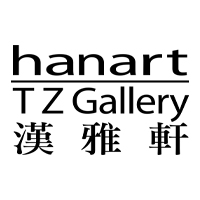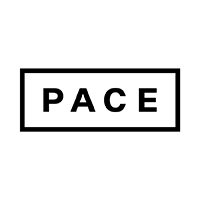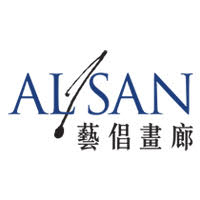Philippine Artists Resist Anti-Terror Law
By Dominic Zinampan

The artist-led
A group of artists and cultural workers in the Philippines have initiated Solidarity Against Silencing (SAS), a campaign against the controversial Anti-Terrorism Act of 2020, which grants expanded powers to security forces to arrest and detain alleged terrorists, effective July 18. On July 7, SAS, a community brought together by the Ateneo Art Awards, published a joint statement signed by more than 100 artists, curators, writers, and academics condemning the law, which the group believes “can be used to justify abuses of power.”
“We believe that any recognition in the arts is a reminder to fulfill our duty as Filipinos,” the statement reads. “Today, we unite with fellow art workers in our shared belief that art is political. Our work bears a social dimension. We take our responsibility as citizens seriously.” The statement goes on to criticize the “broad and vague definition of terrorism” outlined in the bill, under which “one can be arrested merely based on suspicion and intent to commit ‘terrorist acts’,” including causing interference or damage to critical infrastructure and government property; possessing or using weapons; and creating a public emergency, among many others. Those convicted face a maximum sentence of life imprisonment without parole.
SAS questioned the railroading of the act at a time when “[m]illions of Filipinos have lost their livelihood and are in a state of vulnerability due to the COVID-19 pandemic . . . Instead of receiving urgent economic and medical aid, we are confronted, now, with a law that endangers our basic human rights.” The statement also challenged the granting of “more power to institutions such as the police and the military despite the human rights violations, extrajudicial killings, bombings of Lumad schools, Martial Law starting in Mindanao, misogyny, and the massacre of peasants. These crimes worsened during the world’s longest community quarantine.”
The anti-terrorism bill comes after two recent incidents widely considered to be politically motivated attacks on press freedom, which were mentioned in the SAS statement: the shutdown in May of the country’s largest broadcasting network, ABS-CBN, known for its critical coverage of president Rodrigo Duterte’s administration; and the June conviction of journalist and Rappler executive editor Maria Ressa and writer Reynaldo Santos, Jr. in a cyber-libel case. The case concerned a 2012 article published on the news site alleging ties between businessman Wilfredo Keng and ex-Chief Justice Renato Corona.
Numerous human rights groups have condemned the new Anti-Terrorism Act, with Amnesty International’s Asia-Pacific regional director, Nicholas Bequelin, characterizing the law as “a new weapon to brand and hound any perceived enemies of the state. In the prevailing climate of impunity, a law so vague on the definition of ‘terrorism’ can only worsen attacks against human rights defenders.”
Between the bill’s Congressional approval in June and its signing by president Duterte on July 3, nationwide protests demanded a veto of the bill. SAS ended its statement by calling on “the arts community and fellow citizens [to] continue to stand against the Anti-Terrorism Law in the courts; through petitions challenging its constitutionality; and in the streets with communities most vulnerable to the abuse of power.” On July 15, the Ateneo Art Gallery in Manila expressed support for the campaign.
Earlier initiatives against the law include Artists Fight Back, whose petition appealing to the president to “carefully review” the bill garnered more than 1,600 signatures. On July 4, more than 100 recipients of the Cultural Center of the Philippines’ Thirteen Artists Award between 1970 and 2018, many of whom are signatories of the SAS statement as well, circulated a joint statement against the act.
To read more of ArtAsiaPacific’s articles, visit our Digital Library.







